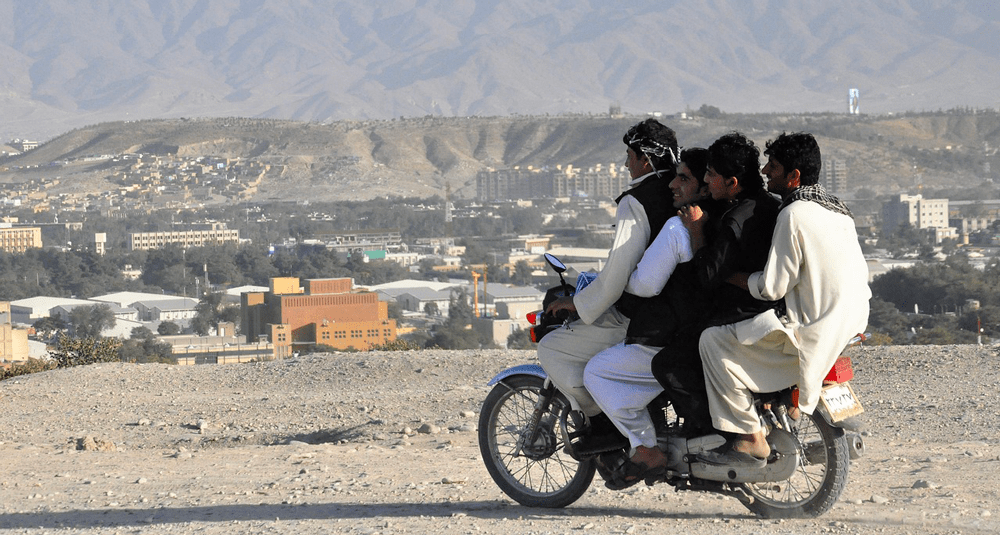What is the capital of Afghanistan?
Last Updated:
Kabul, the capital of Afghanistan, is more than just an administrative entity; it’s a symbol of resilience and cultural diversity. Founded over 3,500 years ago, Kabul is one of the oldest cities in the world. Located in the east of the country, it lies in a strategic valley along the Kabul River. With an estimated population of around 4 million, it is not only the political center of Afghanistan, but also a major economic and cultural hub.
Afghanistan is a linguistically rich country, whose official languages are Dari and Pashto. Dari, a variant of Persian, is spoken by around 50% of the population, while Pashto is the mother tongue of almost 35%. These languages are more than just a method of communication; they are interwoven into the country’s literature, music and poetry, playing a crucial role in the preservation of Afghan culture.
The afghani (AFN) is the official currency of Afghanistan. First introduced in 1925, the afghani has undergone several modifications due to political and economic instability. The Afghan economy is mainly based on agriculture, with a significant contribution from the opium trade and international aid. Understanding Afghanistan’s currency and economy is essential to analyzing the country’s challenges and opportunities in a global context.
Afghanistan’s history is marked by a fascinating richness and complexity, reflected in the names the country has borne over the centuries. Originally, the region was known as Khorasan, a historical term used to describe a vast territory covering parts of present-day Afghanistan, Iran, Turkmenistan, Uzbekistan and Tajikistan. The name, of Persian origin, means land of the rising sun. Afghanistan, as we know it today, evolved from these ancient names and acquired its current name in the 19th century.
Kabul is not only the capital of Afghanistan, but also the country’s main city. With a population of over 4 million, Kabul is the political and economic nerve center of Afghanistan. The city plays a crucial role in the country’s economic development, hosting major industries, educational establishments and being the center of political power. Kabul’s strategic geographical position also contributes to its historical and contemporary importance.
The question of ethnic identity in Afghanistan is complex and diverse. Afghans are not Persians, although there are deep historical and cultural links between the two peoples. Afghanistan is an ethnic mosaic made up of Pashtuns, Tajiks, Hazaras, Uzbeks and other groups. Pashtuns and Tajiks, who are the majority ethnic groups, share cultural and linguistic links with the Persian world, notably through the Dari language, but have a distinct identity specific to the Afghan region.
geography

What is the capital of Afghanistan?
Answer
Kabul is the capital and largest city of Afghanistan. It is also the capital of Kabul province, located in the east of the country. According to official estimates for 2014, the city's population would be 3,543,700.